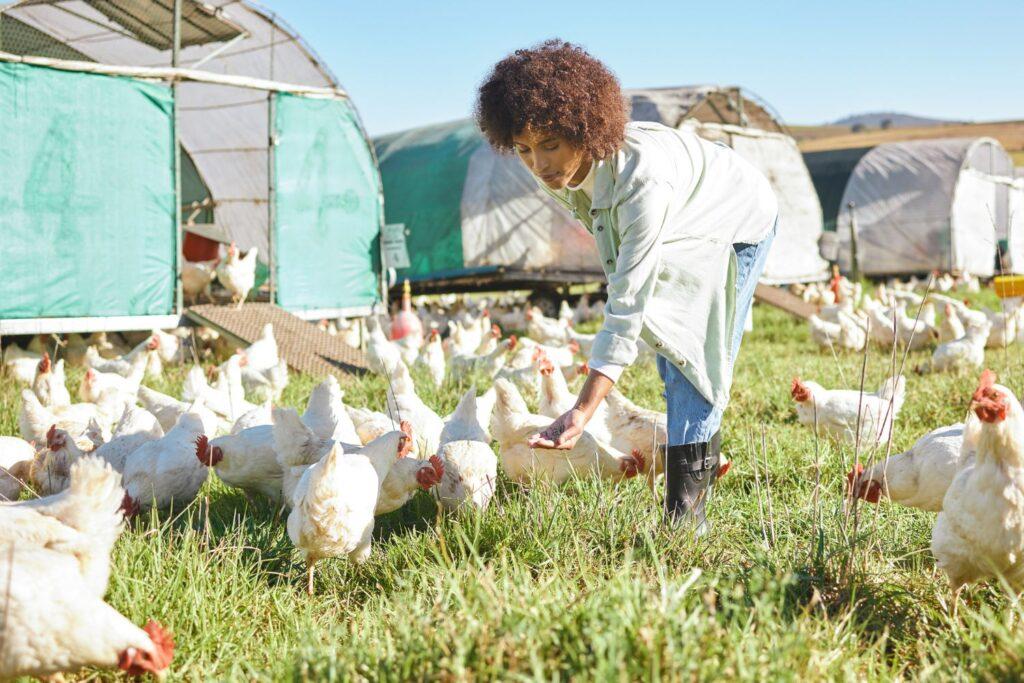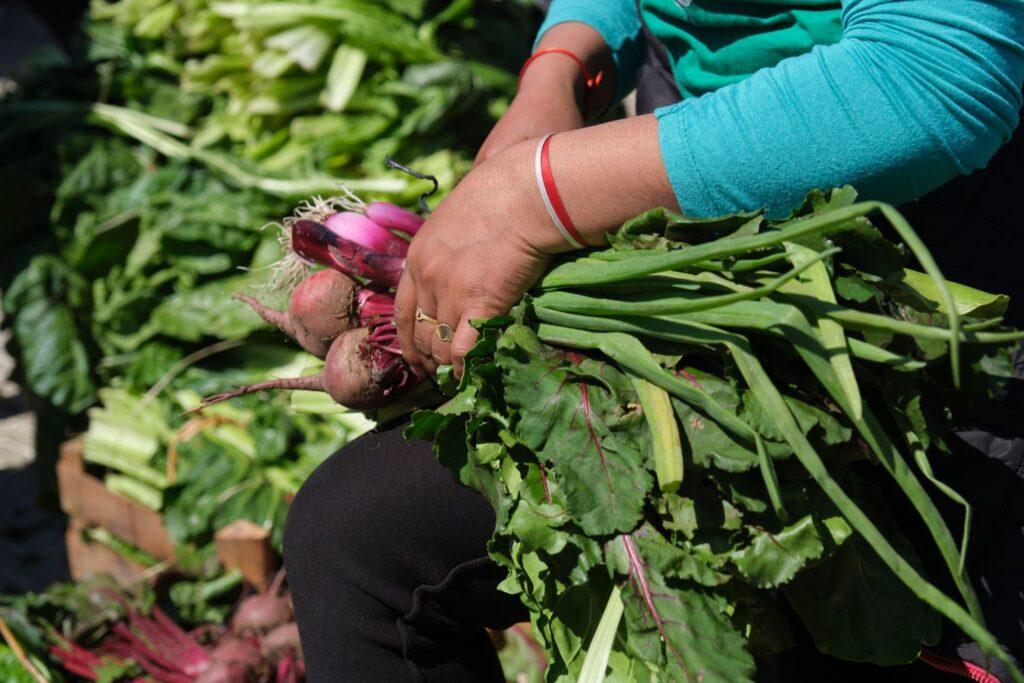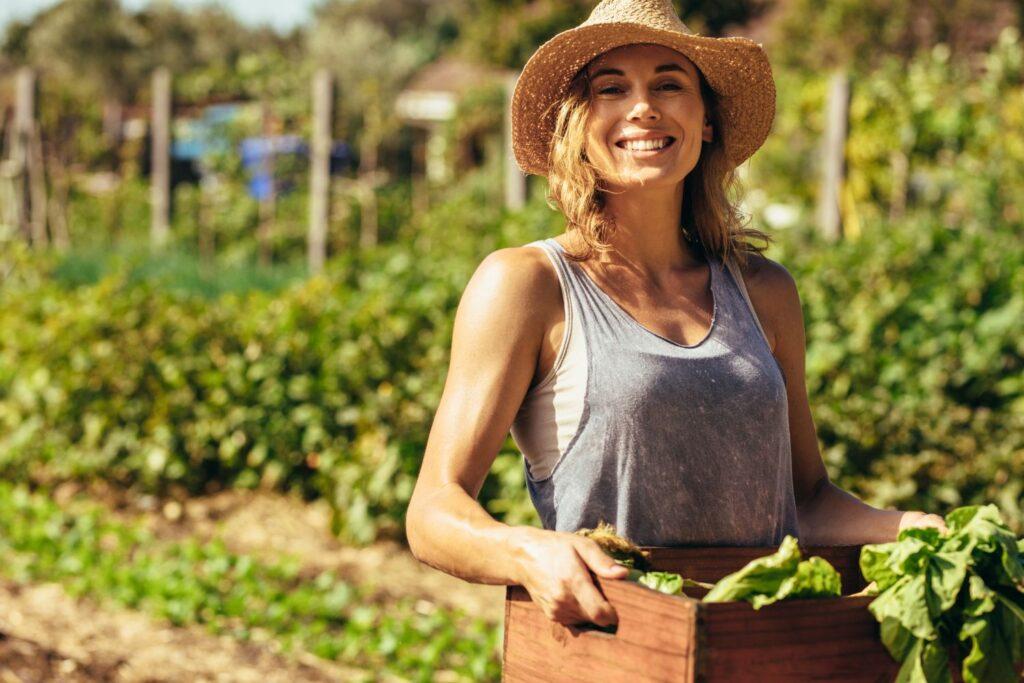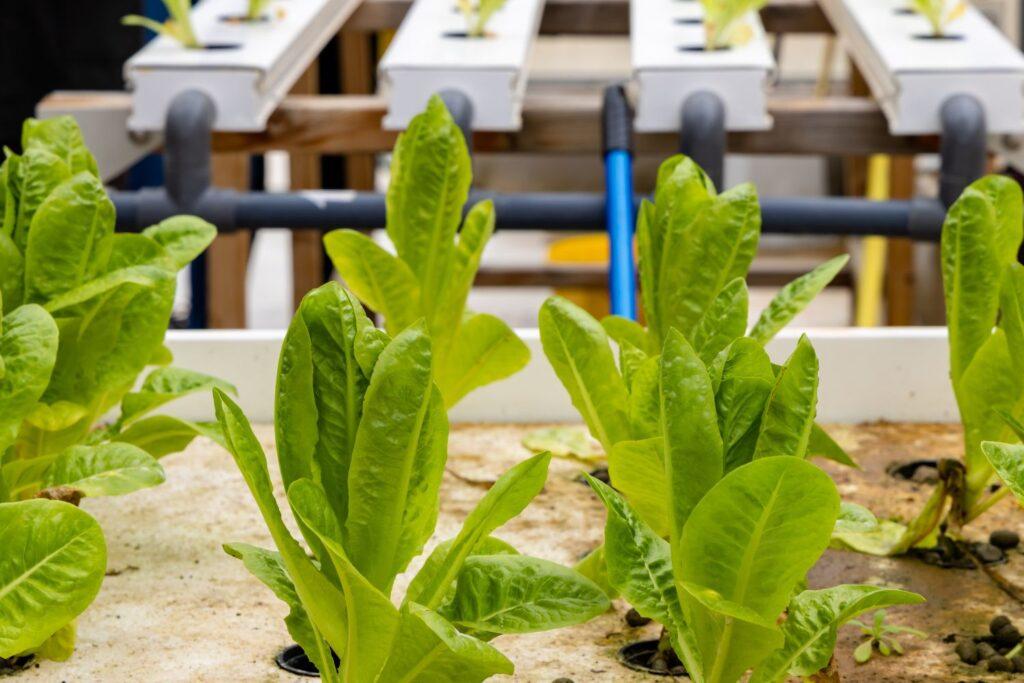By Mildrid Austria
As the agricultural sector rises to the ever-pressing need to adopt environmentally conscious practices, the evolution of sustainable farming has taken place at the heart.
Farmers can now reshape the food they bring to life through new ways that bring low carbon footprints and the conservation of natural resources. Sustainable farming ensures an environment fit for a living and the long-term viability of continued farming practices, not to mention improved health and wellbeing for us all.
There are increased efforts in these directions: more biodiversity, crop resilience, and water resource protection through environmentally friendly agricultural practices.
The Evolution of Sustainable Farming

As there is growing environmentally friendly pressure on agriculture, the evolution of such sustainable farming practices has been head-turning in the industry. Farmers are currently aware of and implementing the latest techniques in their practices to keep their carbon footprints at a minimum and conserve natural resources.
Some innovative techniques involve growing organic CBD with minimal chemical inputs and hence friendly to the soils. Organic practices in agriculture involve crop rotation, fertilization through organic fertilizers and manure, and progressively change the face of food production. Such a commitment to sustainable farming benefits the environment and ensures its long-term viability for posterity.
Benefits of Sustainable Farming Practices

The acceptance of sustainable farming brings various far-reaching advantages in the domains of environmental conservation and regenerative agricultural practices. Crop resilience and soil health, brought about by an increase in biodiversity and consequent improvement in water quality, are achievements that result in sustainable farming and often decrease the need for chemical inputs.
It paves the way for the quality and conservation of water while ensuring its quality and protecting precious water resources for posterity. Such means of adoption will ensure the sustainability of agricultural systems and healthier ecosystems and communities for posterity.
Implementing Sustainable Farming Techniques

Farmers are up to adopting sustainable practices that raise productivity levels without causing environmental effects. Such practices include conservation tillage, integrated pest management, and agroforestry, which can be integrated into traditional farming methods.
Precision agriculture technologies and the use of renewable energy sources allow farmers to optimize resource use compared to greenhouse gas emissions. Continuous information and training in improving sustainable farming ensure a greener and more sustainable future in agriculture.
The Future Outlook for Sustainable Agriculture

Constant research and fine-tuning of various sustainable farm practices will only improve the sector’s efficiency and climate resilience. A cooperative approach between farmers, policymakers, and consumers is vital in generating a policy environment that supports and incentivizes the uptake of sustainable practices.
A system’s approach to agriculture—the future of sustainable farming only goes up in more positive spirals for the planet. Evolution in farming is an inflection point in the agricultural sector, allowing farmers to increase environmental awareness and ensure long-term viability.

Embracing innovative techniques and practices allows farmers to reduce their carbon footprint, conserve natural resources, and grow healthier ecosystems and communities. With collaboration and support, the future of sustainable farming will further enhance efficiency, increase resilience, and uplift the planet for generations to come.
